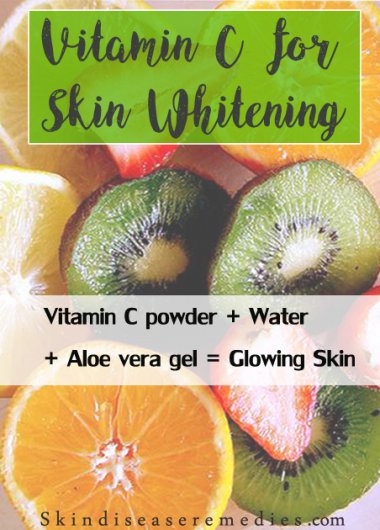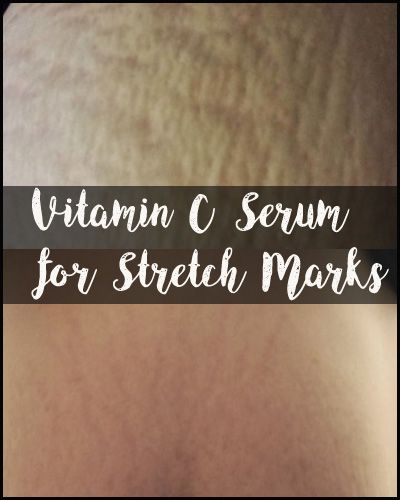In this article I’ll discuss about benefits of vitamin C for skin whitening and how to make your own vitamin C serum at home.
It’s a natural human desire to look good, and healthy skin is the best costume to wear on every occasion. But, due to increasing pollution, impurities and chemical creams, skin loses its natural glow.
These external and internal factors influence the production of melanin, which is responsible for skin color. Tyrosinase is the responsible enzyme that is used by melanocytes to produce excess melanin.
Dark spots or hyperpigmentation not just ruin your physical appearance, but many people get depressed. Cosmetic products though claim to lighten these spots, chemical preservatives housed in them strip natural moisture from the skin.
Natural remedies and those products which are free from chemical preservatives can be used to lighten dark spots.
Benefits of Vitamin C for Skin Whitening
Beauty experts brag about vitamin C for its anti-aging and antioxidant properties. Most researchers use ascorbic acid as a form of vitamin C.
- Antioxidant properties housed in this vitamin thwart free radicals that damage cell membrane and leads to wrinkles.
- Vitamin C exhibits tyrosinase, which reduces melanin production.
- With vitamin C rich diet, levels of glutathione and vitamin E can be increased. Both exhibit antioxidant activity and help to produce Pheomelanin.
- Vitamin C has exfoliating properties that remove dead cells, impurities and pollutants. By this your skin becomes lighter and smoother.
- Studies claim that properties in vitamin C can protect your skin from harmful UV rays.
- Vitamin C stimulates collagen production, which is responsible for elasticity of the skin.
- Anti-inflammatory agents in the vitamin reduce inflammation caused due to skin ailments.
- Because it enhances collagen production, vitamin C can fasten the healing process of wounds.
How to Use Vitamin C for Skin Whitening?
There are 3 ways to reap these benefits, one through dietary, second through supplements and third effective way is by topical application.
- Regularly consume fruits and vegetables that are rich in vitamin C. Guava, oranges, red peppers, kale, kiwi, green pepper, grapefruit and strawberries are rich in vitamin C.
- Vitamin C tablets prescribed by physician can improve your skin texture. Depending on your age and gender, take the dosage. Higher dosage may irritate your skin and may show no positive effect. Your body can’t handle excess vitamin E at a time; it absorbs certain amount and flushes the rest.
- Topical application of vitamin C serum is more effective than above mentioned ways. You can use store brought serums or make your own at home.
For topical application, wash your skin with water or cleanse using gram flour mask. When the skin is damp, apply the store brought vitamin C serum evenly and leave it to dry naturally.
Make sure that pH level of the product is below 3.5.
How to Make Your Vitamin C Serum at Home?
As the products available in the market aren’t effective but expensive, it’s recommended to make your own product at home.
- Vitamin C powder – 1 teaspoon
- Filtered water – 1 teaspoon
- Aloe vera gel – a small piece (1 tablespoon)
- Vitamin E oil – ¼ teaspoon
Mix store brought vitamin C powder with water in a bowl to make thick paste. Add aloe gel and vitamin E oil to the paste. Shift the serum to dark amber bottle for further use. (You can use it for 2 weeks) (Source)
Night is the best time to apply this homemade vitamin C serum for skin whitening.
Apart from this, drink enough water, quit smoking, avoid stress and consume vitamin rich diet.


